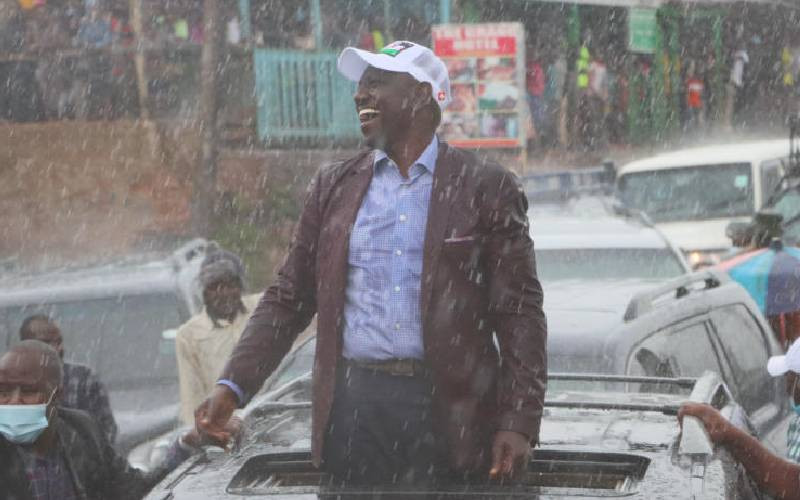×
The Standard e-Paper
Kenya's Bold Newspaper

Audio By Vocalize

Youthful exuberance is the best description of William Ruto.
He started his campaign early and had his eyes on the ultimate prize, the Kenyan presidency. It was seen as political defiance, but good politicians often go against the grain.
